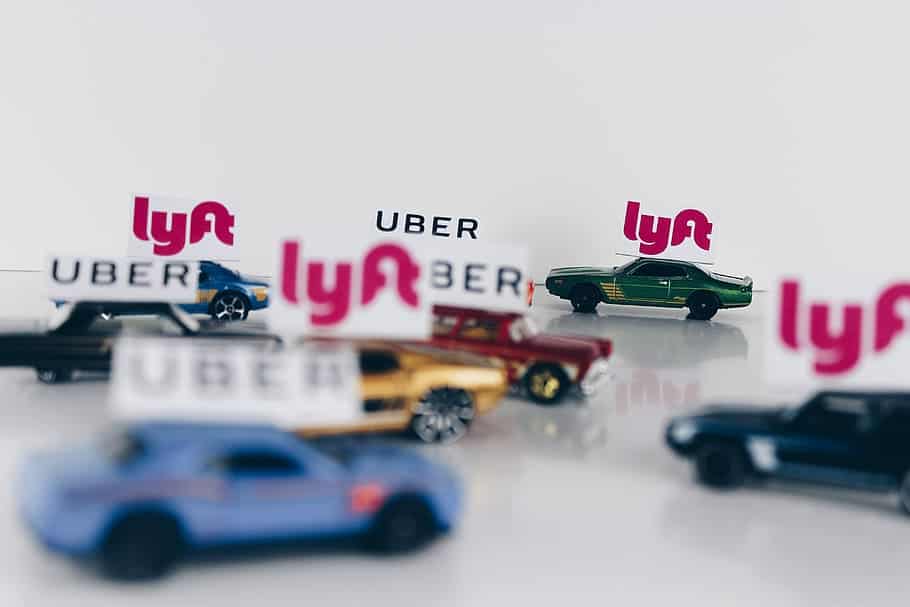
Sunah Chang is a student at Harvard Law School.
In today’s news and commentary: Uber loses Ninth Circuit challenge to California Assembly Bill 5, the UAW reaches a tentative agreement with an electric vehicle company, and Virginia public school teachers vote to unionize.
Yesterday, the Ninth Circuit published an en banc opinion rejecting Uber’s constitutional challenge to California Assembly Bill 5 (“AB 5”), a 2020 bill that raised the bar for proving that workers are independent contractors for ride-share companies. The Ninth Circuit concluded that AB 5 is not unconstitutional, noting that “there were plausible reasons for treating transportation and delivery referral companies differently from other types of referral companies” especially given that “the legislature perceived transportation and delivery companies as the most significant perpetrators of the problem it sought to address—worker misclassification.”
It remains unclear how the employment status of California’s ride-share workers will shake out in the future. Uber has released a statement assuring that the Ninth Circuit ruling will not change the status of its workers because under Proposition 22, app-based drivers are considered independent contractors, not employees. However, the California Supreme Court is currently contemplating the constitutionality of Prop 22. Furthermore, regardless of whether or not Prop 22 survives the legal challenge, the Ninth Circuit opinion implied that its ruling would enable “ongoing state enforcement actions seeking retrospective relief, including civil penalties, for Uber’s and Postmates’ alleged violations of A.B. 5 that transpired prior to Prop. 22’s effective date.”
The UAW has reached a tentative contract agreement with Ultium Cells, a joint venture between General Motors and LG Energy Solution that produces batteries for electric vehicles. Under the contract, workers at Ultium Cells’ Ohio factory, who made $16.50 an hour before joining the UAW, will receive $30.50 an hour, which will rise to $35 an hour over the next three years. In an effort to address safety concerns about working with high-voltage electricity, the contract also requires the plant to employ four UAW members as full-time safety representatives and one full-time industrial hygienist.
This agreement marks a conscious effort by the UAW to adapt to the dynamics of the rising electric vehicle industry. In a press release announcing the tentative agreement, Shawn Fain praised the agreement as paving “a gamechanger for the electric vehicle battery industry.” Fain stated: “This is the kind of agreement that makes thousands of electric vehicle battery workers want to join the UAW and fight for a better future.”
Finally, the vast majority of educators and staff in Fairfax county public schools voted to unionize, forming a new union of nearly 27,000 public school workers. 97% of teachers and more than 80% of the operational staff voted yes to joining the Fairfax Education Union. The union vote comes as Fairfax teachers continue to experience issues with reduced pay and staffing shortages. In a statement announcing the union’s win, the Fairfax Education Association President Leslie Houston announced: “Our efforts will focus on securing fair compensation and living wages for all. Collective bargaining will be the springboard to much needed improvement for the generations of children in Fairfax County.”






Daily News & Commentary
Start your day with our roundup of the latest labor developments. See all
February 17
San Francisco teachers’ strike ends; EEOC releases new guidance on telework; NFL must litigate discrimination and retaliation claims.
February 16
BLS releases jobs data; ILO hosts conference on child labor.
February 15
The Office of Personnel Management directs federal agencies to terminate their collective bargaining agreements, and Indian farmworkers engage in a one-day strike to protest a trade deal with the United States.
February 13
Sex workers in Nevada fight to become the nation’s first to unionize; industry groups push NLRB to establish a more business-friendly test for independent contractor status; and UFCW launches an anti-AI price setting in grocery store campaign.
February 12
Teamsters sue UPS over buyout program; flight attendants and pilots call for leadership change at American Airlines; and Argentina considers major labor reforms despite forceful opposition.
February 11
Hollywood begins negotiations for a new labor agreement with writers and actors; the EEOC launches an investigation into Nike’s DEI programs and potential discrimination against white workers; and Mayor Mamdani circulates a memo regarding the city’s Economic Development Corporation.